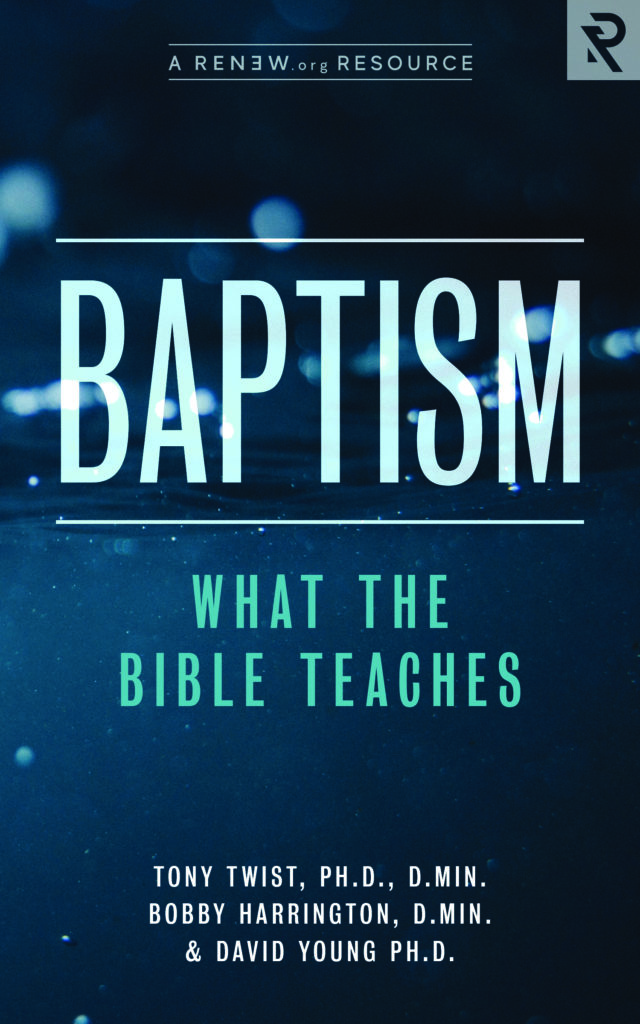
Q&A – What Gets in the Way of Being a Multiethnic Church?
Churches which are truly multiethnic and multicultural take a lot of intentionality, and there are plenty of factors that can obstruct the process. I recently sat down with four church leaders who are doing this well and asked them questions which get at the heart of how churches can be more intentional about pursuing multiethnic, multicultural churches. The church leaders are Michael Patterson (Atlanta, GA), Marcos Mercado (Wilmington, DE), Ronnie Rose (Greenville, SC), and Kerry Cox (St. Louis, MO). Other articles in this series: “Why Is It Worth It?” “What Habits Can Break Barriers” “How Does Christianity Relate to Other Cultures?”
Q: What gets in the way of churches moving toward the Bible’s vision of a multiethnic church?
Marcos: I don’t think it’s always intentional. And I think it’s because it’s not intentional that churches tend to miss it. The natural, easy way is to just reach people that are like you, which we also need to do. But a lot of times people don’t make that extra step to get out of their comfort zone and reach people who don’t look like they do. It doesn’t just automatically happen. You’ve got to be praying about it, you have to be intentional, you have to get out of your comfort zone. When churches aren’t multiethnic, it’s often because they’re not intentional; it’s not a focus.
Ronnie: If Jesus’ vision is to make disciples of all nations, then our devotion to that great commission is everything. One of the things that prevents churches from being multiethnic is a lack of devotion to the great commission of Jesus. Our love for different types of people really will reflect our submission to God and to His plan. And if there isn’t a devotion to God’s mission, then there’s no real hope. Loving and sharing Christ with people who are different will always be a challenge. It will always be something that reveals our level of devotion to God, because it’s just not easy.
“One of the things that prevents churches from being multiethnic is a lack of devotion to the great commission of Jesus.”
Jesus’ team, the apostles, all shared the same ethnicity, but He was an example of having diversity in His own team. He had a tax collector and a zealot in His group. That’s dangerous! Yet this is how Jesus built His team.
You relate to everyone. You serve everyone.
So we have to have a devotion to the great commission, to sending people out. This devotion opens the door to really confronting prejudices that we have. When I’ve had to reach out to this person or this person, I’ve had to really deal with the obstacles in my heart that kept me from really embracing them. The great commission is what helps me to do that.
“We have to have a devotion to the great commission, to sending people out. This devotion opens the door to really confronting prejudices.”
Mike: Yeah, Jesus set the example and also Paul. Paul did a tremendous job with intentionally reaching out to people that were different. So that tells me that church leaders have to do this. It’s cool to say the church needs to be engaged, but the church is going to basically follow the preacher’s example or the opinion leaders’ example. It’s about seeing leaders in a body of believers having diverse people in their homes and hanging out with them.
Just doing church for a couple hours on Sunday morning with people who are different from you is just integration. Genuine relationships happen outside of that planned worship service. So, whom do you spend time with? Who’s in your home? Whom do your children date? Now, that’s when it gets to be a real challenge.
“Just doing church for a couple hours on Sunday morning with people who are different from you is just integration. Genuine relationships happen outside of that planned worship service.”
Questions like these cause us to reevaluate, is it really about the mission of Jesus or about perpetuating the American religion—which are two very different things.
Kerry: I think a lot of people are afraid that things are going to change too much. It’s a fear of letting too much influence from other people come in. And it’s not just Christians of other ethnicities; it’s really the same thing churches have done for years with lost people. They’re so afraid that people are going to come in and change everything. It’s a fear that we will lose control. When you have people come in who look different, churches can bristle up like a porcupine.
Churches have to let go of this idea that if you bring in people who are different from you, it’s going to somehow negatively impact or change the church culture. It will change the church culture, but it won’t be negatively.
“How are you going to pursue multiethnic diversity in general if you’re not out there reaching people in the community in the first place?”
Another reason that many churches aren’t multiethnic or multicultural is simply because they’re not reaching anybody. They’re not disciple makers. How are you going to pursue multiethnic diversity in general if you’re not out there reaching people in the community in the first place?











